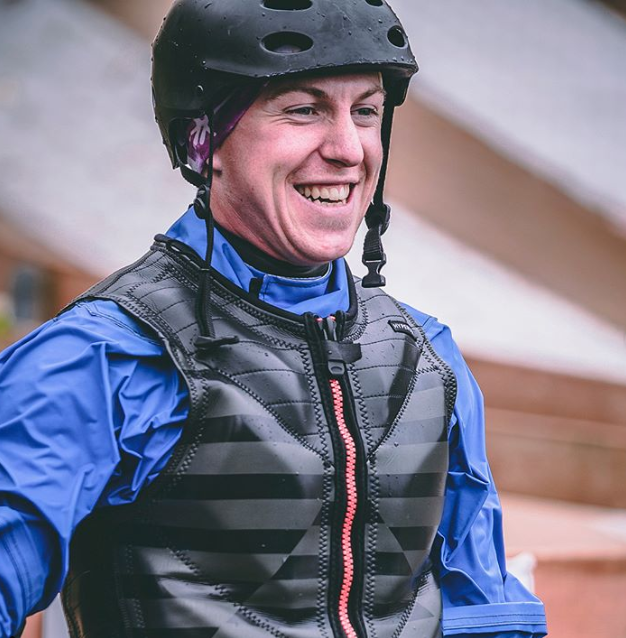Mental health in sports is a topic that has garnered more discussion in recent years. But is it getting the attention it deserves?
Written by Sammy Abdo
The focus on mental health in sports has increased over the past several years on all levels, from the professional ranks to youth athletics. However, there is still a growing need for resources and facilities serving people and families who deal with mental health. 1.2 million young Canadians struggle with mental health issues such as anxiety disorder, bipolar disorder, depression and addiction and thirty percent of Ontario families are caring for at least one youth with mental illness and/or addiction.
One such service in the GTA is the Family Navigation Project at Sunnybrook, which connects families of youth with mental illness or addiction with clinically-trained navigators. RBC’s Race for the Kids event will provide funding for the project, which has raised $9.6 million since 2013. The annual event takes place on Saturday, September 15, 2018 where thousands of people will run, walk or stroll in their choice of walk or run ranging from 5 to 15K.
Travis Geritts, Canadian freestyle skier, who participated in the 2014 Olympics, has been a huge advocate for mental health in sports. He spoke with the Bay Street Bull about the event, his battle with bipolar disorder and lifting the stigma that surrounds mental health in sports.


Q :Do you want to start with talking about your personal experiences with mental health?
For as long as I can remember, I had been experiencing symptoms of mental illness. Even through childhood, at 12 years old I knew that something was just a little bit off. Not to say that mental health is a negative [experience] where it’s not O.K. to work through stuff like that, but I was probably 14 or 15 years old when I went to the doctor to ask “what was going on?” It was always through that uncertainty of “what is going on in the back, why do I feel like this?” I had passion and ambition but I couldn’t find the energy to go do the things that I loved.
Q: Why do you think so many athletes struggle with mental health?
I think there’s a really big stigma in sport with mental health. If athletes really do admit to ourselves that we have mental illnesses, then it’s almost as if we don’t have that same podium potential in the back of our minds. I think all of us have been affected either directly or indirectly by mental health. I find that through working with the right resources, people, and support systems you can finally tap into your mental capacity. By getting healthy, you can then achieve your dreams and goals in sport, but it comes with that stigma and that weakness.
Q: Generally speaking, what do you think Canada is not getting right in terms of mental health right now?
We’re getting a lot of things right. We have so many great friends and organizations that are out there helping support mental health, and specifically youth mental health. That’s the next generation of people that are affected by mental health. So, the RBC Race for the Kids event in support of Sunnybrook’s Family Navigation Project is an amazing example of how Canada is getting stuff right in regards to mental health. I think we’re far beyond other countries in certain respects. We have a long way to go – don’t get me wrong – but we’re heading in that right direction where we’re targeting youth and the family dynamic first to not just prevent, but to maintain and support and improve the lives of so many individuals in our communities.


Q: What are some steps that we can take as a society to better educate ourselves about mental health?
That whole balancing act that we talk about in sport, the business world and life in general is the key to creating a positive and healthy life. Whether it’s staying in education, excelling in sport or speaking out to kids.
I think we can go into any conversation or any scenario in life with an open mind, and learn from each individual’s experience. So, for example I experience symptoms of mental health very differently than someone else who may be experiencing very similar symptoms. It’s just understanding that it is subjective and it is always a constant learning period. Through knowledge, information, resources, and the help of professionals, we can all get the help we need and learn from what others have been through.








